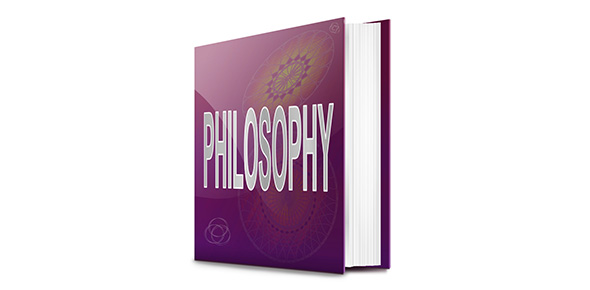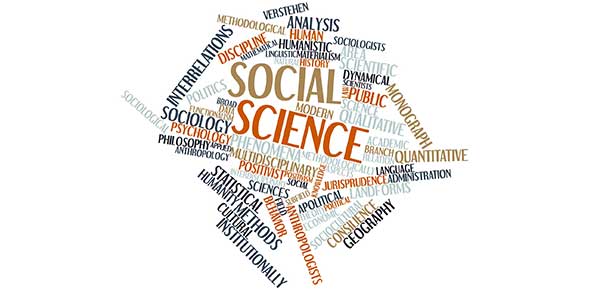Related Flashcards
Related Topics
Cards In This Set
| Front | Back |
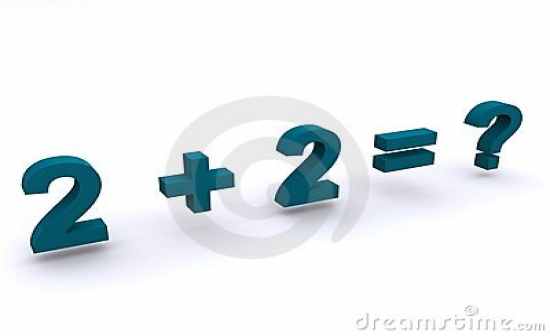 Culture |
The sum total of the social environment in which we are raised and continue to be socialized in throughout our lives.
|
|
Cultural universals
|
Common practices shared by all societies.
|
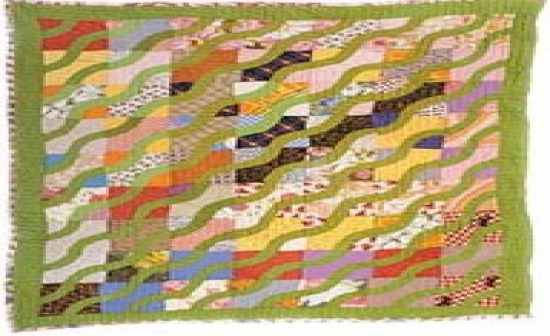 Material culture |
Tangible or physical items that people have created for use and give meaning to in a given culture.
Material culture tells about about non-material culture. Material = food Non- material = belief systems |
 Nonmaterial culture |
Intangibles produced by intellectual or spiritual development and the use of artifacts in a given culture.
|
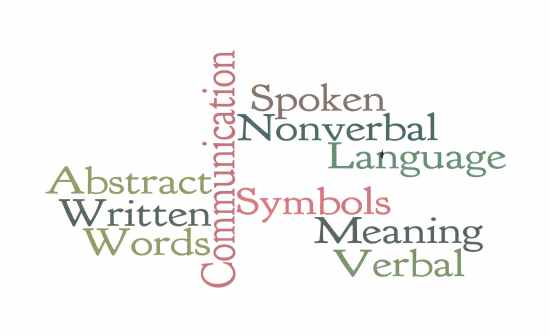 Language |
An abstract system of word meanings and symbols including spoken, written, and signed forms of verbal and nonverbal communications that are used to encode and decode cultural components.
|
|
Mother tongue
|
The first language learned at home in childhood that is still understood by an individual.
|
 Sapir– Whorf hypothesis |
As a function of linguistic determinism and relativism, language shapes reality.
Sapir-Whorf Hypothesis: Language shapes and names reality. Depends on your perspective as to what becomes real. Language conditions perceptions of reality. Example: Fear of Snakes (culture dictates they're evil) vs Snakes are yummy (taste is a cultural perception.) Post structuralism
|
 Folkways |
Informal norms that are based in accepted tradition.
|
 Mores |
Formal norms embedded in laws that are needed to maintain social control.
|
 Taboos |
Mores that are considered wrong in and of themselves.
|
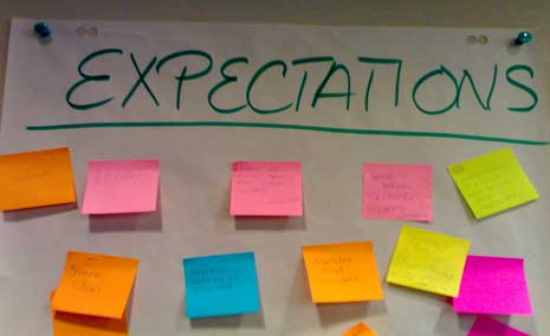 Prescriptive norms |
Rules concerning behaviours we are expected to do.
|
 Proscriptive norms |
Rules concerning behaviours we are expected to refrain from doing.
|
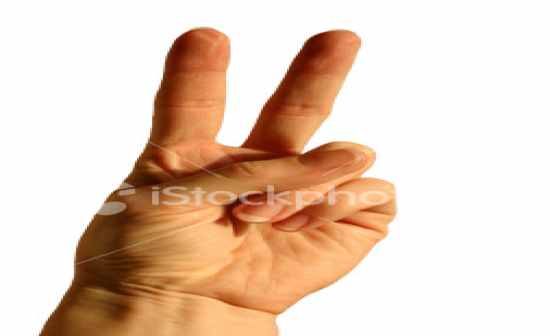 Emblems |
Gestures with direct verbal equivalents.
|
|
Social facts
|
Observable social phenomena external to individuals that exercise power over them.
|
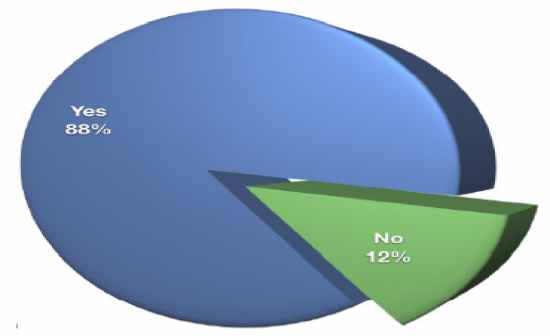 Ideal culture |
Cultural values a majority of people identify with in a given society.
|



